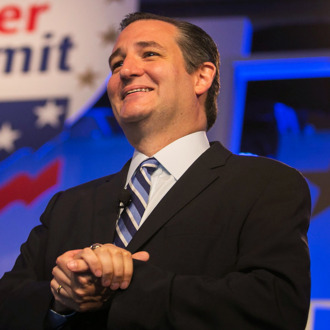
It’s been obvious for months to anyone reading polls that break down by educational levels that Donald Trump’s main support base isn’t among conservatives, or moderates, or old folks, or new folks, but among non-college-educated Republicans. This helps explain why he gets away with defying GOP-elite orthodoxy on issues like immigration and trade and entitlements; his white working-class fans have bonded with Republicans over cultural more than economic issues, and don’t particularly agree with the country-club wing of the party on a lot of policy issues.
But what about those college-educated Republicans who do favor free trade and “entitlement reform” and maybe guest-worker status for undocumented immigrants so as to make sure the gardens get tended and the meals cooked?
At FiveThirtyEight today, the Cook Political Report’s outstanding analyst David Wasserman looks at the highly educated cadre of GOP voters that flocked to Mitt Romney’s upscale banner in 2012, and speculates that a consolidation of such voters — like Mitt accomplished against the divided downscale support bases of Gingrich and Santorum — might carry the day this time as well. Who might benefit from this well-heeled coalition? Perhaps Marco Rubio, who, as Wasserman notes, has the highest college-to-non-college ratio of support in the field, at least in recent polls. Or perhaps the Establishment candidates battling Rubio for pretty much the same votes in New Hampshire, like Christie, Kasich and Bush.
But if you look at Wasserman’s charts of college- and non-college-educated voters’ support for various candidates not to see who “skews” the most in one direction or another and instead who has the best balance of support, a surprise emerges: Ted Cruz actually leads the field among college-educated Republicans (with 20 percent), and is second to Trump among the non-college-educated (with 16 percent). In terms of balance between these two pools of support, Cruz is in pretty good shape. And if it stays that way, it could be Cruz who outflanks Trump the way Romney outflanked Gingrich and Santorum four years ago. And that’s probably how he’s planning it: sticking close to Trump on the hot-button issues that most animate the Donald’s blue-collar base, but reminding everyone whenever he can that he was a big-time Ivy League college debater.






























